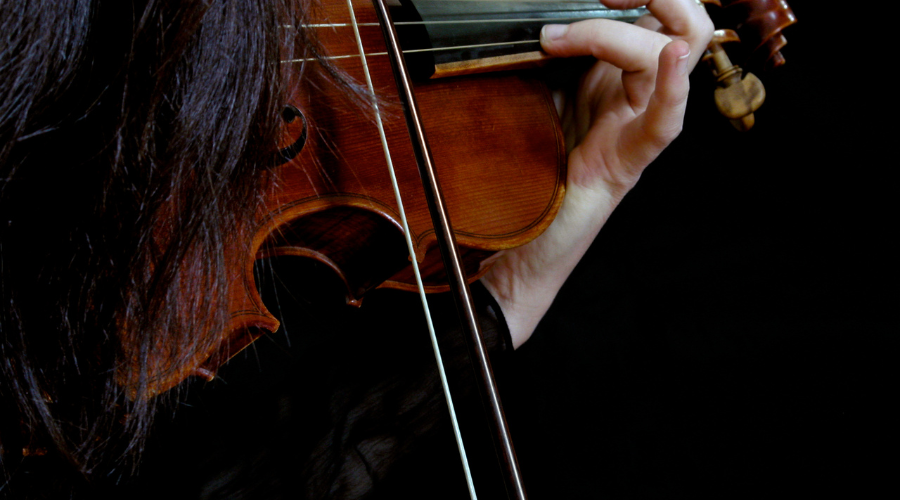Understanding Baroque Music: A Journey Through Time
Baroque music, a vibrant and expressive genre that flourished from approximately 1600 to 1750, represents a significant period in the history of Western classical music. Characterized by its ornate melodies, complex harmonies, and emotional depth, Baroque music laid the foundation for many musical innovations that followed. Join us as we explore the key characteristics, notable composers, and enduring legacy of this remarkable era.
Key Characteristics of Baroque Music
Ornamentation: One of the defining features of music is its use of ornamentation. Musicians often added embellishments to melodies, enhancing the expressiveness of the music and showcasing their technical skill.
Contrast: Baroque music frequently employs contrasts in dynamics (loud and soft) and texture (solo versus ensemble). This dramatic interplay creates an engaging listening experience, drawing the audience into the emotional landscape of the music.
Basso Continuo: A hallmark of Baroque composition, the basso continuo involves a continuous bass line that provides harmonic support for the music. This practice was fundamental in defining the structure of Baroque pieces.
Form and Structure: Baroque music is known for its clear forms, such as the concerto, sonata, and suite. These structures allowed composers to explore musical ideas while maintaining coherence and unity within their works.
Notable Composers of the Baroque Era
Johann Sebastian Bach: Often regarded as the pinnacle of Baroque music, Bach’s compositions, including his cantatas, concertos, and the “Brandenburg Concertos,” showcase his mastery of counterpoint and harmony.
George Frideric Handel: Known for his operas and oratorios, Handel’s works, such as “Messiah,” exemplify the grandeur and emotional depth characteristic of Baroque music.
Antonio Vivaldi: Famous for his violin concertos, particularly “The Four Seasons,” Vivaldi’s music is celebrated for its vibrant melodies and rhythmic vitality.
Claudio Monteverdi: A pioneer of opera, Monteverdi’s works bridge the Renaissance and Baroque periods, showcasing the evolution of musical expression and dramatic storytelling.
The Legacy of Baroque Music
Baroque music has left an indelible mark on the world of classical music. Its innovative techniques and expressive qualities continue to influence composers and musicians today. The era’s emphasis on emotional expression and technical virtuosity paved the way for the Classical and Romantic periods, shaping the evolution of Western music.
Conclusion
Baroque music is a rich and intricate tapestry of sound that invites listeners to explore its emotional depth and historical significance. From the ornate compositions of Bach to the dramatic operas of Handel, the Baroque era remains a vital part of the classical music canon. Whether you are a seasoned music lover or new to the genre, delving into the world of Baroque music offers a rewarding journey through time and creativity.




